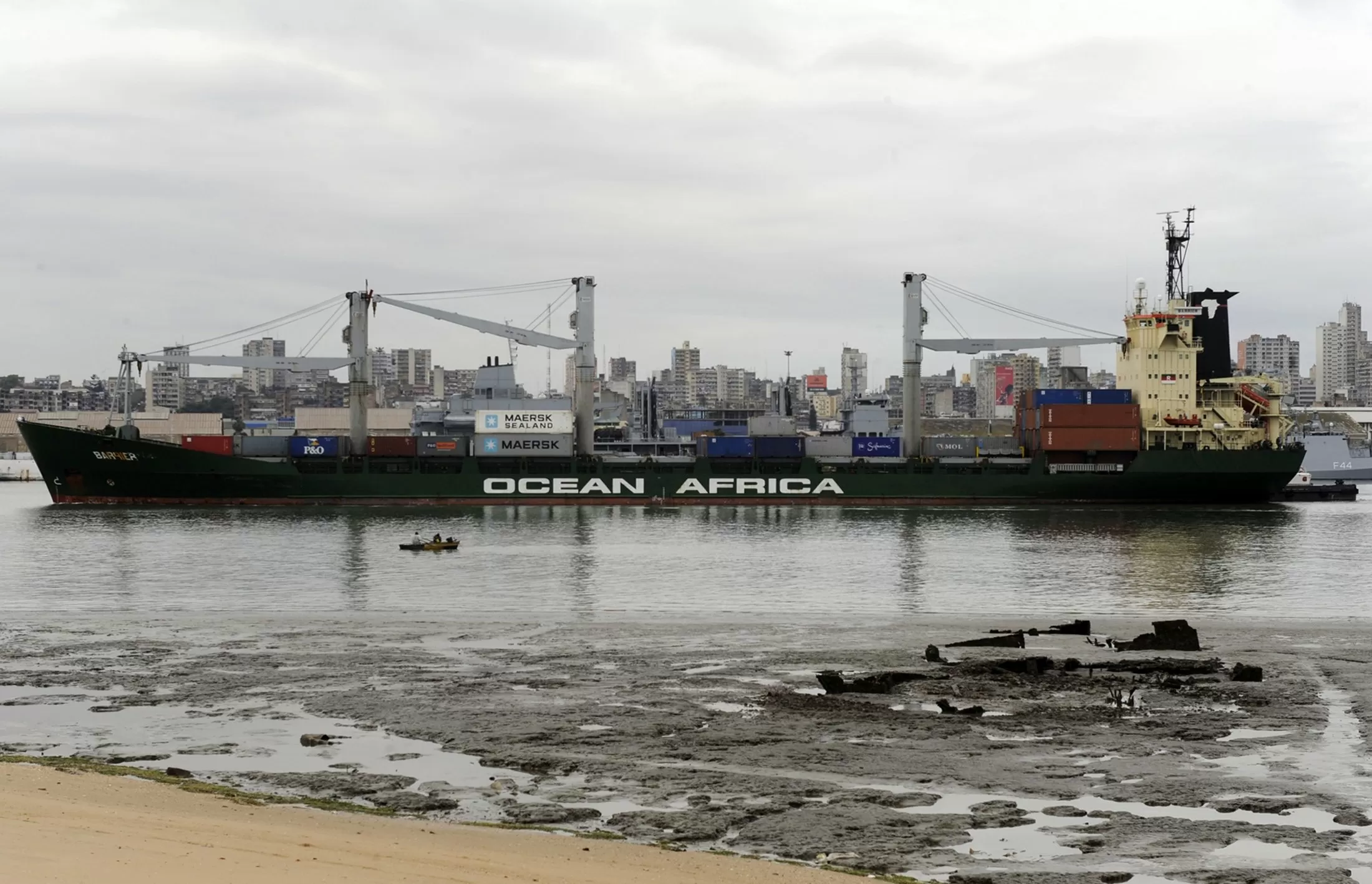A cargo vessel in the Indian Ocean was targeted in a pirate attack, in which armed men took all crew members hostage on Tuesday. The incident has sent shockwaves through the maritime industry and raised concerns about the safety of ships and their crew in the Indian Ocean.
The vessel, named MV Oceanic, was en route from Singapore to South Africa when it was attacked by a group of heavily armed men. The pirates, suspected to be Somalis, boarded the ship and took control of the vessel, holding all 25 crew members hostage. The crew members, who are of various nationalities, were reported to be unharmed but in a state of shock and fear.
The attack on MV Oceanic is just the latest in a series of pirate attacks in the Indian Ocean. The region has been plagued by piracy for years, with Somali pirates being the most active in recent times. These pirates are known for their violent tactics and have been responsible for numerous hijackings and kidnappings in the area.
The Indian Ocean is a major shipping route, with thousands of vessels passing through it every year. The increase in pirate attacks has raised concerns about the safety of ships and their crew, as well as the impact on global trade. The International Maritime Organization (IMO) has issued warnings to ships traveling in the region to take extra precautions and has urged governments to step up their efforts to combat piracy.
The attack on MV Oceanic has once again highlighted the need for a coordinated and effective response to piracy in the Indian Ocean. The IMO has been working closely with governments and international organizations to address the issue, but more needs to be done. The safety and security of ships and their crew must be a top priority for all stakeholders.
In the wake of the attack, the shipping industry has called for increased naval presence in the Indian Ocean to deter and respond to pirate attacks. The presence of naval forces has proven to be effective in reducing piracy in other regions, such as the Gulf of Aden. It is crucial for governments to work together and deploy naval assets to protect ships and their crew in the Indian Ocean.
The safety of seafarers is of utmost importance, and the attack on MV Oceanic serves as a reminder of the risks they face every day. These brave men and women work tirelessly to keep global trade moving, and their safety must be ensured. The shipping industry has called for better training and equipment for crew members to deal with pirate attacks, as well as improved communication and coordination between ships and naval forces.
The incident has also highlighted the need for a long-term solution to piracy in the Indian Ocean. Poverty and lack of economic opportunities in Somalia have been cited as the root causes of piracy in the region. It is essential for governments and international organizations to address these issues and provide alternative livelihoods for the people of Somalia. This will not only help in reducing piracy but also contribute to the overall stability and development of the region.
In the midst of this unfortunate incident, there is a glimmer of hope. The crew members of MV Oceanic have been safely released and are on their way back home. This is a testament to the bravery and resilience of seafarers, who continue to face risks and challenges in their line of work. It is also a reminder of the importance of international cooperation and swift action in responding to pirate attacks.
In conclusion, the attack on MV Oceanic in the Indian Ocean is a wake-up call for all stakeholders to take immediate and effective action against piracy. The safety and security of ships and their crew must be a top priority, and governments must work together to find a long-term solution to this issue. The shipping industry remains committed to ensuring the safety of seafarers and calls for a united effort to combat piracy in the Indian Ocean.


